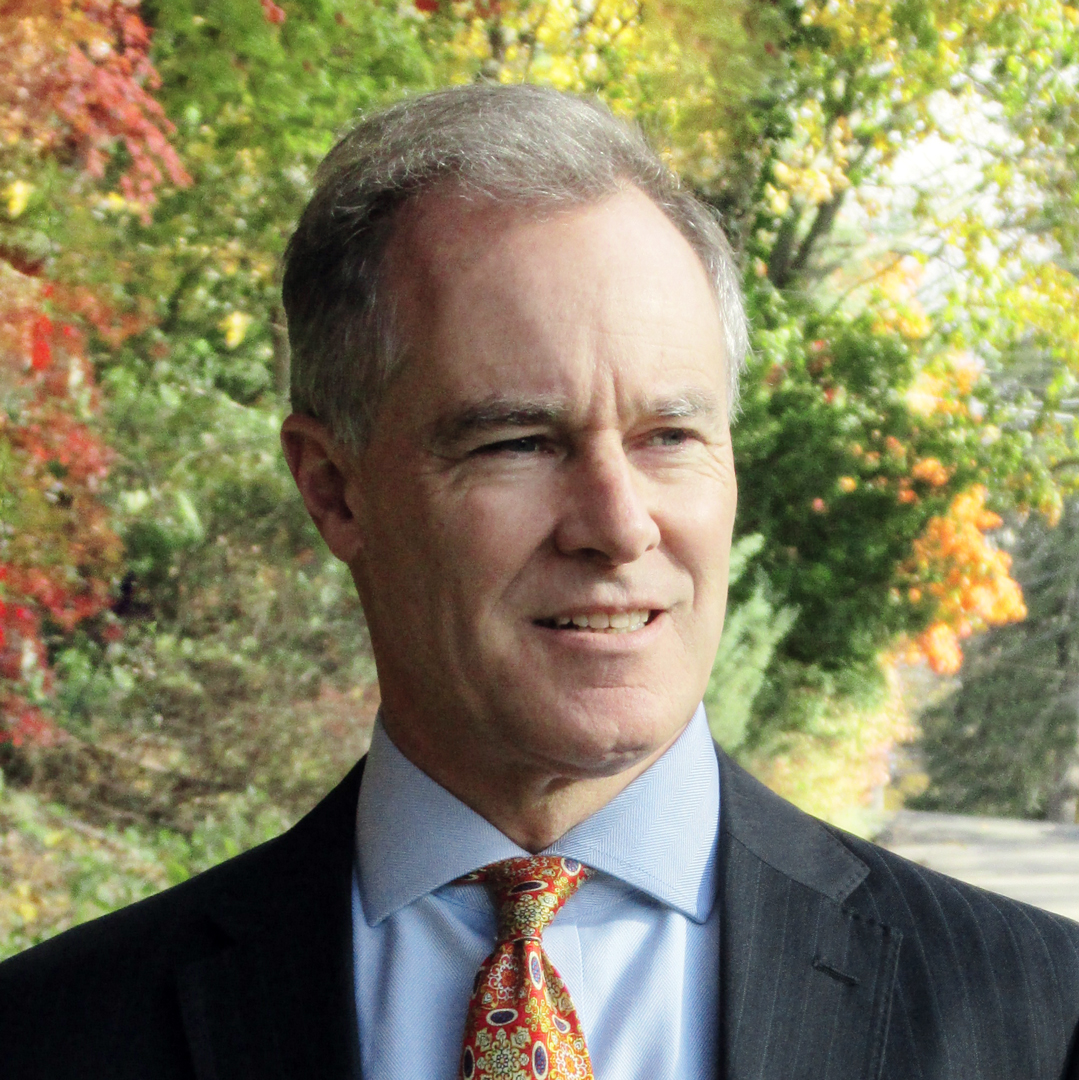With the rise of first personal computing, then the internet, then high-speed Wi-Fi, then smartphones, Silicon Valley has undergone one evolution after another over the past three decades. Teddy Chen has been there to witness all of them—and to help companies navigate the legal complications that have come with them.
His interest in the tech field reaches all the way back to his college days studying computer systems engineering at Stanford, and his interest in law came shortly thereafter. When he graduated, in 1991, he wanted to enter a field where he could make a difference. As a person with a hearing impairment, he was inspired by the 1990 signing of the Americans with Disabilities Act, which prohibited discrimination on the basis of disability, and he entered law school with thoughts of becoming a civil rights attorney. He even later worked on a few pro bono cases, including one representing a disabled student who needed accommodations for the LSAT.
However, like many young attorneys fresh out of law school, Chen was saddled with student-loan debt. He joined a law firm in Silicon Valley with the goal of paying it off, and though the decision was largely pragmatic, it was also serendipitous. Chen quickly discovered an interest in patent law. “I was very interested in some of the legal issues posed by technology, such as artificial intelligence and the extent to which computer programs were protected by copyright,” he says. And, not only did he find the specialization interesting; his background in computer engineering gave him an edge.
The late 1990s was a prime moment to enter the tech world. The energy of Silicon Valley during the dot-com boom was “the equivalent of a modern-day gold rush,” Chen says. The Internet was young, and companies were desperate to recruit talent. Signing bonuses sometimes included BMW Z3s. Numerous stories circulated about entrepreneurs who got rich quickly when their companies went public. Chen’s education in computer engineering, combined with his law degree, made him an ideal hire for private Silicon Valley law firms, and shortly after joining one, the partners encouraged him to work in their patent practice.
The technology sector has stabilized since the late 90s, but it continues to evolve at a thrilling pace. Chen notes that he hasn’t changed jobs many times over the years; his jobs have changed on him. After working in patent law for several years at the private firm, he was hired as associate general counsel for intellectual property law at Legato Systems. Legato was later acquired by EMC, which was then acquired by Dell after several more years. Today, as Dell’s senior legal director of IP, he and his team oversee patent portfolios and strategic IP transactions such as technology partner agreements, joint development, customer and vendor agreements, mergers and acquisitions, and cloud services.
Newer cloud and third-party ecosystems in particular have recently presented unique challenges for Dell. While they make sharing information easier, they also present a dilemma: how can Dell protect its IP on a technology that’s based on sharing resources?
According to Chen, some third-party ecosystems have attempted to impose restrictions on Dell’s ability to protect and enforce its IP rights. “We have developed strategies for protecting our IP in these situations while enabling the business to move forward,” he says. Other challenges have included guiding the business in launching cloud offerings, connecting on-premises products to the cloud, and developing a template to be used for the company’s cloud offerings.
In addition to creating a more holistic approach to IP rights for cloud computing, Chen and his legal team have supported successful divestitures of for Dell. One recent divestiture was the sale of EMC’s Documentum division to Open Text for $1.62 billion, the negotiations of which were finalized after the merger of Dell and EMC. Documentum is an enterprise content-management platform that generates products such as mortgage-loan processing and electronic health records. Open Text is Canada’s largest software company, specializing in content management. Chen says the negotiation process was “protracted and at times fractious,” but he and his team reached an agreement that was beneficial to everyone while protecting Dell’s IP and freedom to operate its other businesses. “I’m proud of the job our team did,” Chen says.
For Chen, one of the pleasures of working at Dell is having a close-knit, collegial team that often socializes outside the office. He often works as the most senior IP attorney, but he has a straightforward management style: he finds good people, gives them an assignment, and lets them do their work. “I’m not a kindergarten teacher, and I don’t micromanage, but I do hold them responsible for getting the work done well,” he says.
In addition to the collegial environment, Chen continues to relish the challenge of being an IP attorney in an evolving market. As Dell continues to navigate open-source, cloud-based technologies, he’s ready to face whatever new legal issues it might encounter—and any it might encounter in the future as more innovations inevitably appear on the horizon.
***
Chamberlain Hrdlicka:
“We routinely work with Teddy on intellectual property matters and appreciate his expertise and deep understanding of IP law, which is particularly important for the critical IP strategy work on which innovation-based companies rely.”
—Aly Dossa, Shareholder
***
Foley Hoag LLP:
“Teddy’s broad experience with a variety of client situations, including disputes, transactions, prosecution, and day-to-day business inquiries, is quite unique. Add his practicality, and I think you have a great lawyer who can adjust efficiently to his client’s needs. It’s been my pleasure, professionally and personally, to work with Teddy.”
—Chris Natkanski, Partner
***
Van Pelt, Yi & James LLP:
“I’ve worked with Teddy for over fifteen years, and he’s impressed me time and again with his ability to identify his company’s most valuable innovations and obtain strong and sometimes groundbreaking patents to protect them.”
—William James, Partner
***
Workman Nydegger:
“Teddy’s knowledge and skill in both technical and IP matters is outstanding. His insights and practical approach are essential to us in our role as outside IP counsel. We greatly value our relationship with Teddy.”
—Peter F. Malen Jr., Shareholder, and Carl T.Reed, Shareholder


